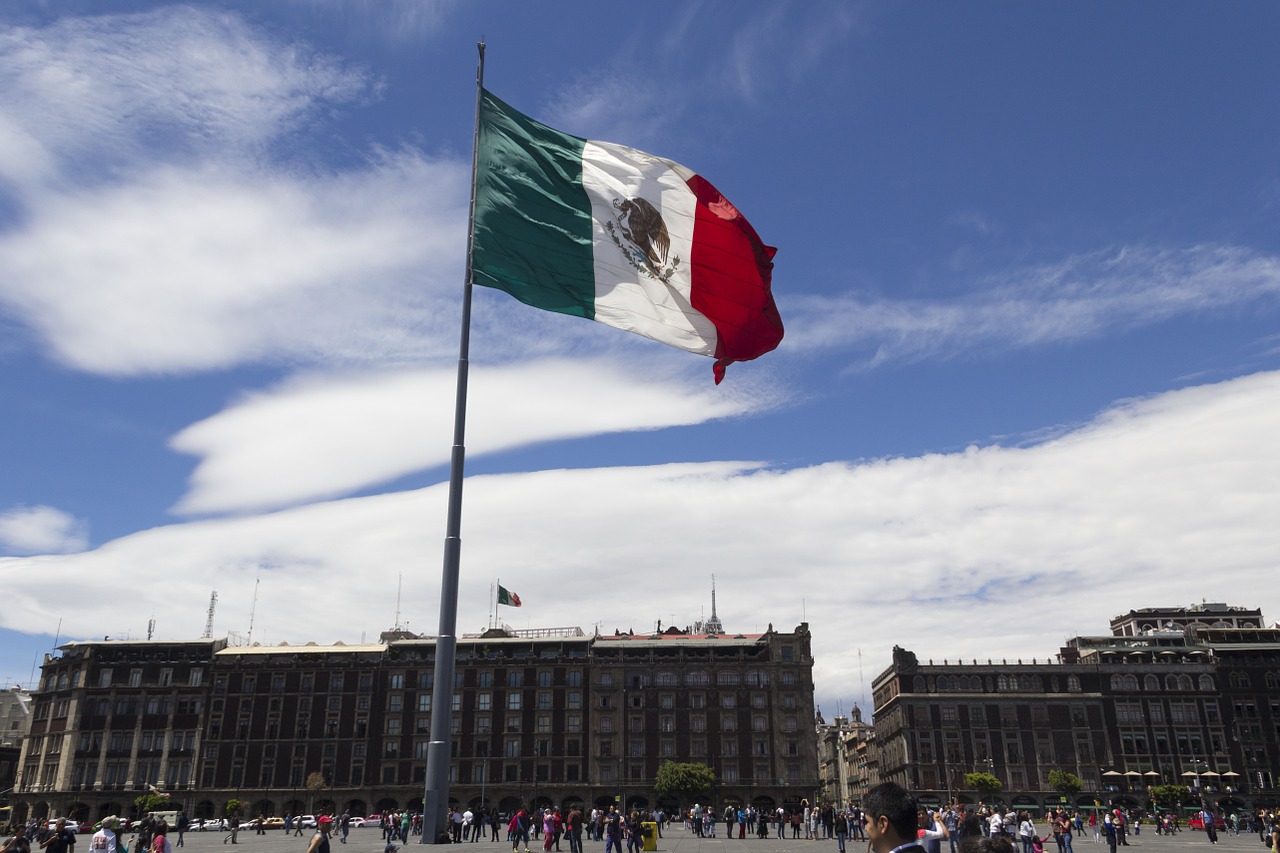iCapital Appoints Sonali Basak as Chief Investment Strategist in New York
| By Marta Rodriguez | 0 Comentarios

The alternative investments platform iCapital announced the appointment of Sonali Basak as Chief Investment Strategist. In her new position, the former chief Wall Street correspondent for Bloomberg TV will lead and articulate iCapital’s investment outlook, develop data-driven content, and support client decision-making, working closely with them on strategy implementation, the company stated.
“We are very excited to welcome Sonali to iCapital,” said Lawrence Calcano, the firm’s Chairman and CEO. “She is an exceptional thought leader who brings the curiosity of a journalist, the insight of a strategist, and the instinct of a communicator, all of which will help us deepen our dialogue with clients and partners across the industry,” he added.
Basak will be based in New York. According to a post on her personal X profile, she will begin the new role on September 2.
As public and private markets continue to converge and advisors adapt to meet the growing demands of investors, Sonali will play a key role in shaping iCapital’s market outlook and driving meaningful impact across the ecosystem. She is the ideal person to lead this important work and represent iCapital’s voice in the global investment conversation, the executive also said.
“The wealth management industry is undergoing a significant transformation, and individual investors should have greater access to the same opportunities in private markets that have driven institutional returns for decades,” Basak said. “I am thrilled to bring my experience to engage daily with financial advisors, investors, and asset managers. My role will be to provide practical, data-driven insights to iCapital’s clients and partners across public and private markets,” she added.
Sonali Basak most recently served as Global Finance Correspondent and Lead Anchor at Bloomberg Television, where she covered the financial institutions that shape markets worldwide, including global banks, asset managers, private equity giants, and hedge funds.
She hosted Open Interest, Bloomberg TV’s flagship morning program focused on senior executive insights, and anchored Bloomberg Invest, the firm’s most important annual financial conference. Her newsletter, Wall Street, By Basak, is widely recognized for its sharp insider analysis on market trends, Wall Street firms, and shifts in the financial industry.
Known for securing rare interviews with top Wall Street CEOs and breaking news on market-moving deals, Basak has earned a reputation as one of the most trusted and incisive voices in financial journalism over the past decade, iCapital noted in its statement.
The new hire holds a bachelor’s degree from Bucknell University, a master’s in journalism from Northwestern University’s Medill School, and an MBA in Quantitative and Corporate Finance from New York University’s Stern School of Business.








